Archive for the ‘The Nervous System’ Category
Entry 1228 — Protozoa, Part 2
Sunday, September 29th, 2013
Here is the corrected version of my piece in Shadows of the Future (it’s now in the latter, too, thanks to Jeff Side):
I’m still too blah to say why the change was (vitally) necessary, but I told Jeff, when asking him if he could switch versions, that, for me, it would be like changing “5 x 10 = 2″ to “5 x 2 = 10″–which should give you a huge clue as to my thinking.
And now, from Wikipedia, to make this the first blog in history to contain an entry on mathematical poetry and protozoa, is some information about the flagella of protozoa:
Types
Three types of flagella have so far been distinguished; bacterial, archaeal and eukaryotic.
The main differences among these three types are summarized below:
- Bacterial flagella are helical filaments, each with a rotary motor at its base which can turn clockwise or counterclockwise. They provide two of several kinds of bacterial motility.
- Archaeal flagella (Archaella) are superficially similar to bacterial flagella, but are different in many details and considered non-homologous.
- Eukaryotic flagella – those of animal, plant, and protist cells – are complex cellular projections that lash back and forth. Eukaryotic flagella are classed along with eukaryotic motile cilia as undulipodia to emphasize their distinctive wavy appendage role in cellular function or motility. Primary cilia are immotile, and are not undulipodia; they have a structurally different 9+0 axoneme rather than the 9+2 axoneme found in both flagella and motile cilia undulipodia.
Bacterial
Physical model of a bacterial flagellum
Structure and composition. The bacterial flagellum is made up of the protein flagellin. Its shape is a 20 nanometer-thick hollow tube. It is helical and has a sharp bend just outside the outer membrane; this “hook” allows the axis of the helix to point directly away from the cell. A shaft runs between the hook and the basal body, passing through protein rings in the cell’s membrane that act as bearings. Gram-positive organisms have 2 of these basal body rings, one in the peptidoglycan layer and one in the plasma membrane. Gram-negative organisms have 4 such rings: the L ring associates with the lipopolysaccharides, the P ring associates with peptidoglycan layer, the M ring is embedded in the plasma membrane, and the S ring is directly attached to the plasma membrane. The filament ends with a capping protein.
The flagellar filament is the long helical screw that propels the bacterium when rotated by the motor, through the hook. In most bacteria that have been studied, including the Gram negative Escherichia coli, Salmonella typhimurium, Caulobacter crescentus, and Vibrio alginolyticus, the filament is made up of eleven protofilaments approximately parallel to the filament axis. Each protofilament is a series of tandem protein chains. However in Campylobacter jejuni, there are seven protofilaments.
The basal body has several traits in common with some types of secretory pores, such as the hollow rod-like “plug” in their centers extending out through the plasma membrane. Given the structural similarities between bacterial flagella and bacterial secretory systems, it is thought that bacterial flagella may have evolved from the type three secretion system; however, it is not known for certain whether these pores are derived from the bacterial flagella or the bacterial secretory system.
Motor. The bacterial flagellum is driven by a rotary engine (the Mot complex) made up of protein, located at the flagellum’s anchor point on the inner cell membrane. The engine is powered by proton motive force, i.e., by the flow of protons (hydrogen ions) across the bacterial cell membrane due to a concentration gradient set up by the cell’s metabolism (in Vibrio species there are two kinds of flagella, lateral and polar, and some are driven by a sodium ion pump rather than a proton pump). The rotor transports protons across the membrane, and is turned in the process. The rotor alone can operate at 6,000 to 17,000 rpm, but with the flagellar filament attached usually only reaches 200 to 1000 rpm. The direction of rotation can be switched almost instantaneously, caused by a slight change in the position of a protein, FliG, in the rotor.
The cylindrical shape of flagella is suited to locomotion of microscopic organisms; these organisms operate at a low Reynolds number, where the viscosity of the surrounding water is much more important than its mass or inertia.
The rotational speed of flagella varies in response to the intensity of the proton motive force, thereby permitting certain forms of speed control, and also permitting some types of bacteria to attain remarkable speeds in proportion to their size; some achieve roughly 60 cell lengths / second. Although at such a speed it would take a bacterium about 245 days to cover a kilometre, and although that may seem slow, the perspective changes when the concept of scale is introduced. In comparison to macroscopic life forms it is very fast indeed when expressed in terms of number of body lengths per second. A cheetah for example, only achieves about 25 body lengths / sec.
Through use of their flagella, E. coli are able to move rapidly towards attractants and away from repellents. They do this by means of a biased random walk, with ‘runs’ and ‘tumbles’ brought about by rotating the flagellum counterclockwise and clockwise respectively.
Assembly. During flagellar assembly, components of the flagellum pass through the hollow cores of the basal body and the nascent filament. During assembly, protein components are added at the flagellar tip rather than at the base. In vitro, flagellar filaments assemble spontaneously in a solution containing purified flagellin as the sole protein.
Evolution. The evolution of bacterial flagella has been used as an argument against evolution by creationists. They argue that complex structures like flagella cannot evolve from simple structures. In other words, flagella are “irreducibly complex” and need all of their protein components to function. However, it has been shown by numerous studies that a large number of proteins can be deleted without (complete) loss of function. Moreover, it is generally accepted now that bacterial flagella have evolved from much simpler secretion systems, such as the Type III secretion system.
* * *
Danged inneresting, I think!
.
Entry 1226 — Protozoa
Friday, September 27th, 2013
Protozoa. Single-celled organisms. Today (26 September) my main desire in life is to understand protozoa. Right now, I think I’d be wonderfully content if for the rest of my life I could have comfortable living quarters, three good meals a day, whatever medical help I needed, a pile of books on protozoa at all levels, and computer access to a friendly expert in the subject with time for me. I truly believe I could make important contributions to the field, assuming I stayed alive for four or five years, and my brain didn’t give out on me.
What I’m most interested in investigating is the evolution of the nervous system, which would have begun in some protozoan. The first puzzle for me is how a protozoan moved. It’s important so far as a nervous system is concerned because I believe the first nervous system consisted of some sort of path from an area on the periphery of a protozoan that was sensitive to contact with something external to it and reacted to that contact in some manner that caused some kind of signal to flow from the sensitive area to a second area that the second area could read and react to in some manner. At first, perhaps randomly, but at some point in a way evolutionarily advantageous, like causing the protozoan to move. Actually, that would not probably be advantageous, but a necessary pre-advantageous step. It would become advantageous when what the signaling area signaled by chance was a prey the movement pushed the protozoan toward, or a predator the movement pushed it away from.
My guess would be the latter. I think I’ve gotten too far ahead. The nervous system would begin confined to the first area. It would consist only of a sensitivity to one external stimulus. It would, in fact, be a sensor–a useless sensor until it by chance reacted in a biologically beneficial way to the stimulus it was sensitive to. It might, for example, block harmful matter from crossing the cell-membrane–or facilitate the crossing of beneficial matter, like food.
BREAK TIME
Back to how protozoans move. I got the following from Wikipedia:
Cellular-level motility
At the cellular level, different modes of motility exist:
- flagellar motility, a swimming-like motion (observed for example in spermatozoa, propelled by the regular beat of their flagellum, or E. coli, which swims by rotating a helical prokaryotic flagellum)
A flagellum (/fləˈdʒɛləm/; plural: flagella) is a lash-like appendage that protrudes from the cell body of certain prokaryotic and eukaryotic cells. The word flagellum in Latin means whip. The primary role of the flagellum is locomotion but it also often has function as a sensory organelle, being sensitive to chemicals and temperatures outside the cell. Flagella are organelles defined by function rather than structure. There are large differences between different types of flagellum; the prokaryotic and eukaryotic flagella differ greatly in protein composition, structure, and mechanism of propulsion, however both are used for swimming.
An example of a flagellate bacterium is the ulcer-causing Helicobacter pylori, which uses multiple flagella to propel itself through the mucus lining to each the stomach epithelium. An example of a eukaryotic flagellate cell is the mammalian sperm cell, which uses its flagellum to propel itself through the female reproductive tract. Eukaryotic flagella are structurally identical to eukaryotic cilia, although distinctions are sometimes made according to function and/or length.
There’s more on this but the above should provide a good idea of what’s involved in just flagellar motility–which is just one method protozoa use to move, as the continuation below of the list I interrupted makes clear:
- amoeboid movement, a crawling-like movement, which also makes swimming possible
- gliding motility
- Swarming motility
Many cells are not motile, for example Yersinia pestis at 37 °C, Klebsiella pneumoniae and Shigella.
There are also movements to take into consideration:
Movements
The events that are perceived as movements can be directed:
- along a chemical gradient (see chemotaxis)
- along a temperature gradient (see thermotaxis)
- along a light gradient (see phototaxis)
- along a magnetic field line (see magnetotaxis)
- along an electric field (see galvanotaxis)
- along the direction of the gravitational force (see gravitaxis)
- along a rigidity gradient (see durotaxis)
- along a gradient of cell adhesion sites (see haptotaxis)
- along other cells or biopolymers
Is all this to much for me? Who knows? How far into will go? Same answer. I’m not intimidated. My first thought is that my primary interest, at least to start, is in what protozoa activated before cilia to move. Maybe just a very small, primitive cilium. . . .
.
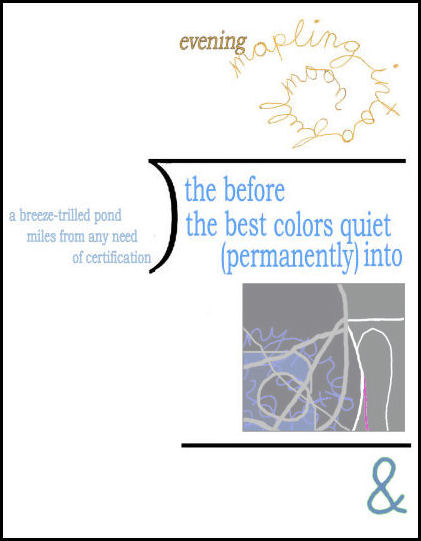
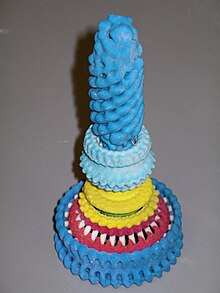





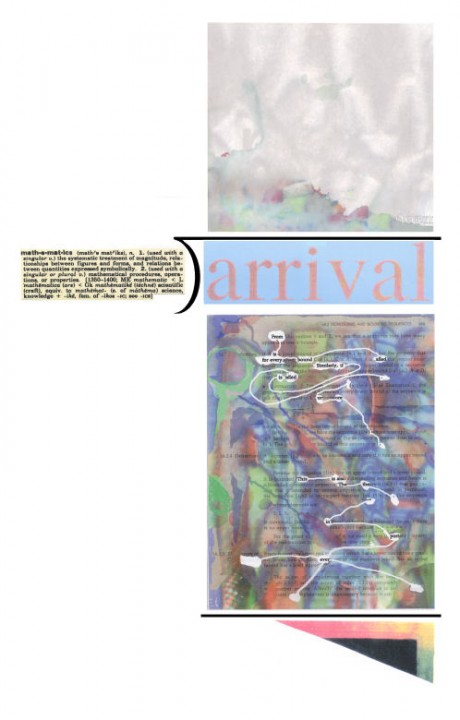
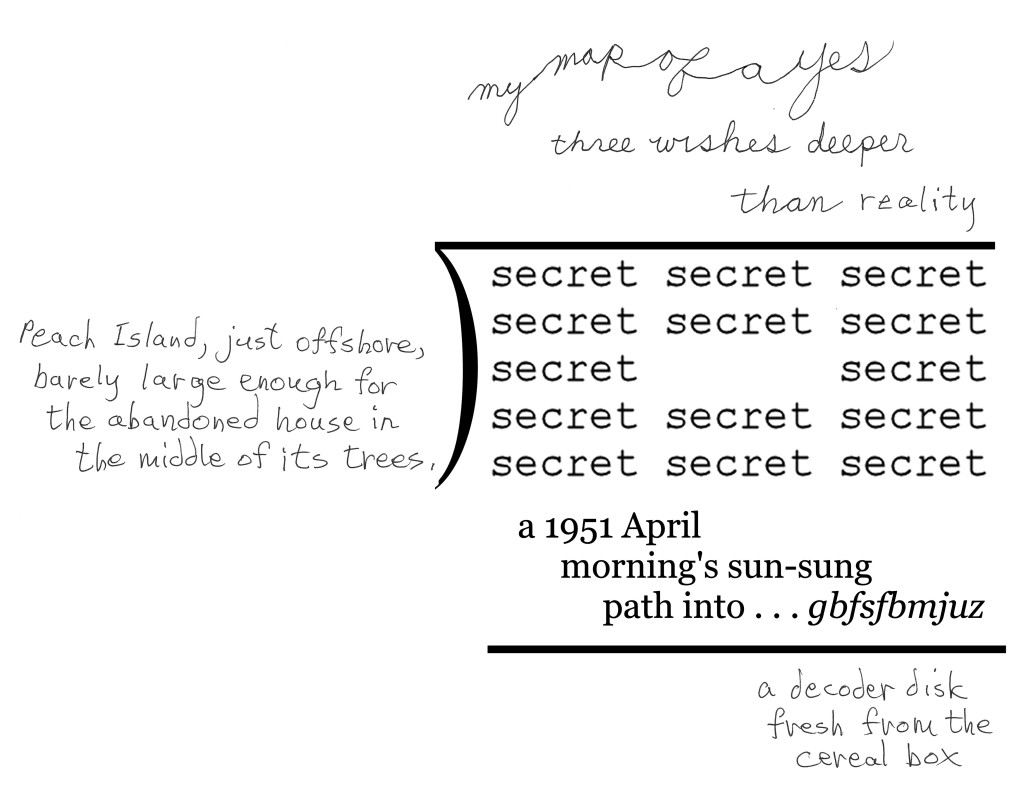
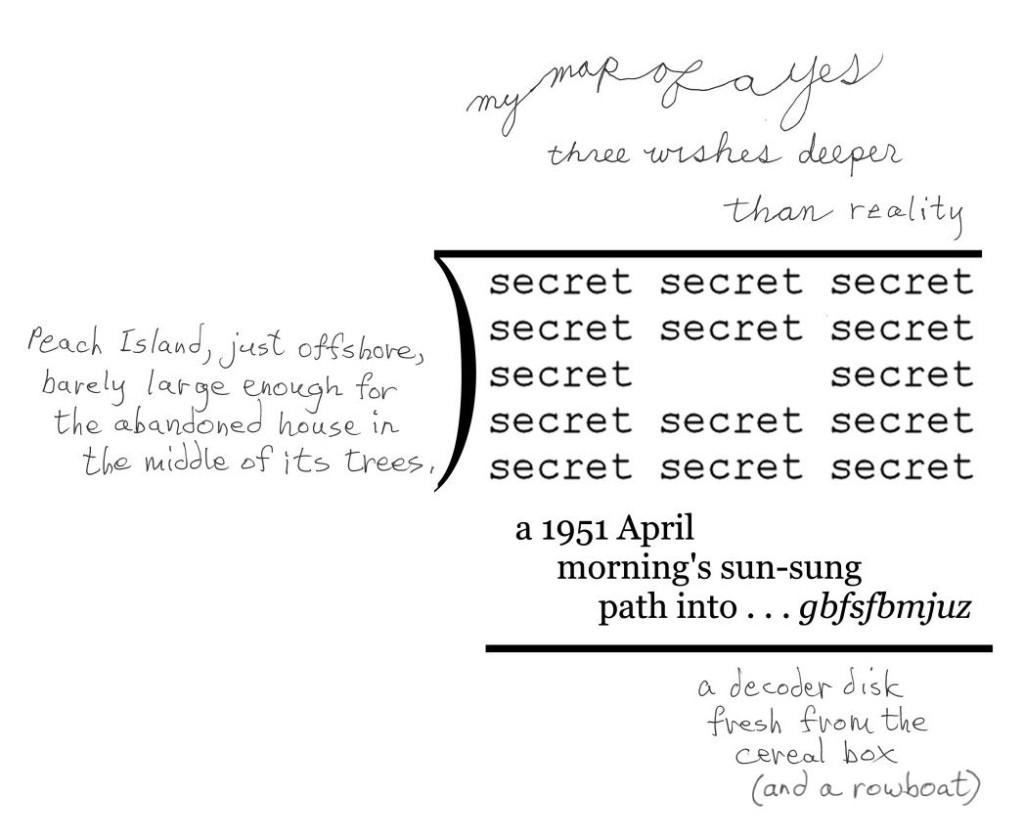
Truth is whatever cannot be believed.
What if I can’t believe your statement is the stupidest one I’ve ever read, Geof?